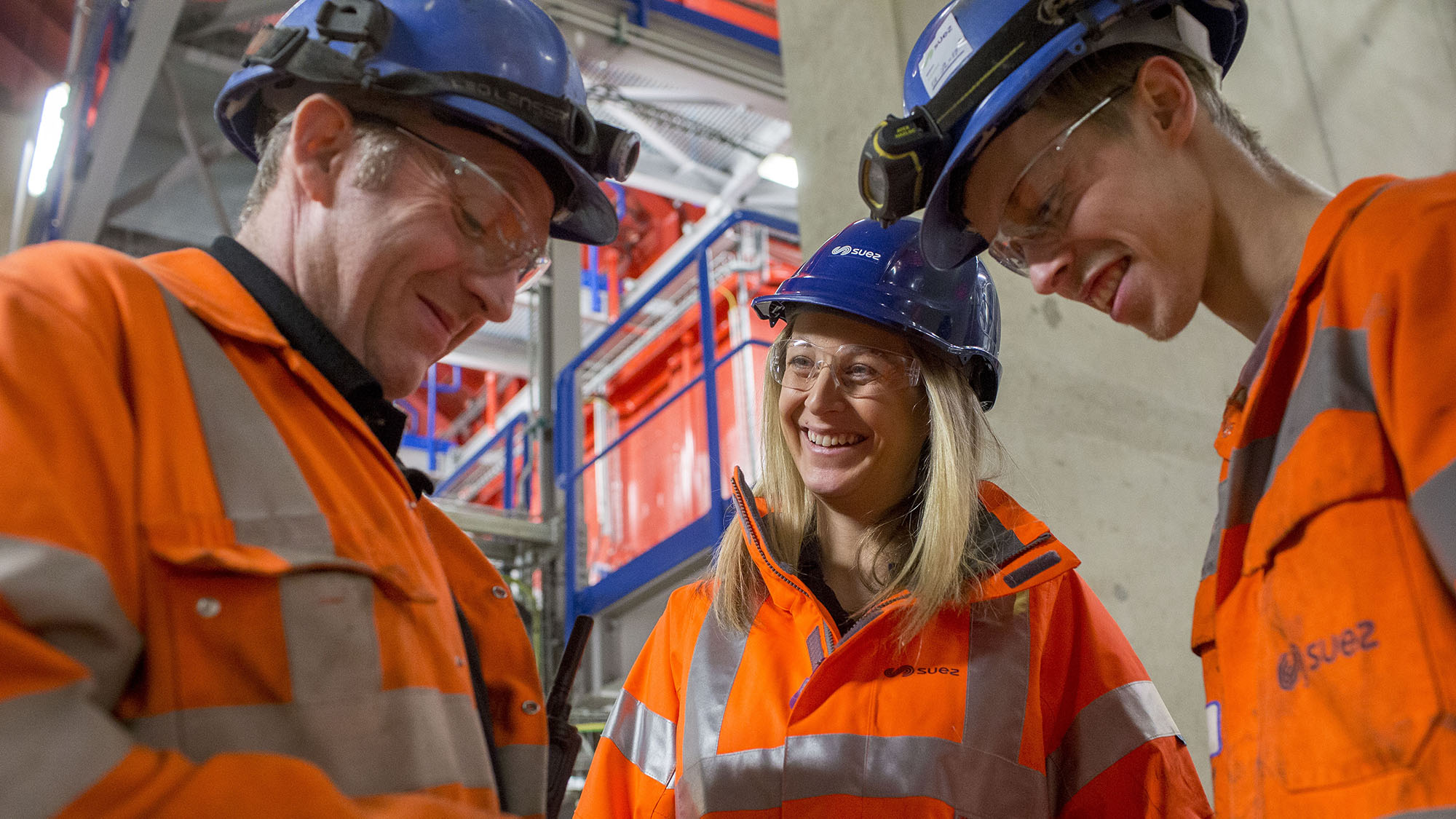Trust matters – in good times and bad

Who do you trust in a crisis? It’s a question we answer instinctively as we think of friends and family. Amid the coronavirus pandemic, that same question has been asked ever more increasingly in respect to companies, government and other institutions.
Some have fared better than others in this most serious test of trust. International research before COVID-19 struck showed that businesses, government, the media and even NGOs (non-government organisations) were not trusted by a majority of people. However, when the public relations firm Edelman more recently surveyed people again in 10 countries, it found that employers commanded relatively high levels of trust1.
Overall, 62% trusted their employers to respond effectively to the crisis, and 63% were more likely to believe information provided by their employer than by government or the media. And in the UK, that trust in employer communications reached 70%, the highest in the survey.
Furthermore, in eight out the 10 nations surveyed, more people thought their employer was better prepared than their country for the pandemic and across those 10 countries, around three quarters of respondents expected their employers to adapt their operations and HR policies to protect the health and interests of their people.
These are often considered the twin pillars of trust – competence and ethical behaviour so the sign for businesses in the UK is positive. It’s heartening to see the UK performing relatively well. All the more so because we know some companies struggled with the switch when their employees needed to move from the office to work from home in the early days of the pandemic. Getting to grips with the logistics and technological challenges wasn’t straightforward for every organisation with managers and employees needing to develop trust in the new ways of working and each other at pace.
Trust takes time to earn, and even longer to recover, especially in the eyes of employees. And it needs to be mutual. Reassured by our safety measures, our frontline teams continue to deliver excellent service during these challenging times, while our support staff who are working from home, do so with the associated level of autonomy and trust required.
However, this trust between employer and employee is not just crucial in times of crisis. The business and wellbeing benefits have always been significant. Research indicates that people working for a trusted employer are 50% more productive, suffer 74% less stress and their wellbeing is also measurably higher compared with companies that don’t command high levels of trust2.
Building trust is also essential if we are to engage our employees. Historically, only one in three UK workers said they felt engaged and the UK’s productivity has lagged other countries. This double deficit inspired the national Engage for Success movement. It believes the two – engagement and productivity – are closely linked.
A voluntary organisation, Engage for Success3 was inspired by research presented to the Labour government in 2009. (I had the good fortune to learn first-hand about the findings from its co-author, Nita Clarke, while working for the NHS.) The independent Employee Engagement taskforce that followed was endorsed by the Conservative administration in 2011, and led to the founding of the movement the following year by Clarke and David MacLeod.
They and their volunteer colleagues have identified four key enablers for high levels of engagement in organisations:
- Strategic narrative: Visible, empowering leadership that promotes the organisation’s culture and purpose.
- Engaging managers: Who treat their people as individuals, coaching and stretching them, helping them focus but giving them scope.
- Employee voice: Involving and listening to people who are encouraged to contribute ideas and challenge and reinforce views across the organisation.
- Integrity: Corporate values reflected in day-to-day behaviours so there is no ‘say – do’ gap. Promises are kept, or an explanation is given as to why not.
A company’s lived values and the other engagement enablers are key aspects of the employer brand – a concept now recognised by all enlightened business leaders, not just HR professionals.
Consumer businesses have long understood the need to build trusted brands and customer loyalty. Now in the era of social media, a failure to live up to their brand values can go viral, rapidly trashing the reputation of a company or product. The investment in marketing and communications has never been greater.
An employer brand is no less sensitive or deserving of painstaking care. What your employees think and feel about their employer not only determines their motivation and commitment to the job. It also affects staff turnover, ability to attract and hold onto talent, and ultimately, the effectiveness of the business.
In fact, both B2C and B2B businesses, and all employers, are now facing a common brand challenge. Partly due to COVID, but mainly because of the climate crisis, more and more consumers and corporate buyers are turning to companies that are responsible, purpose-driven, committed to sustainability and giving back to communities.
As a company in the front line of environmental protection, we reinvented our business on these lines over a decade ago, with the aim of managing material resources for a circular economy. That requires working closely with industrial and commercial customers and the communities we serve. But earning and retaining their trust starts at home – with our employees.
To be a trustworthy service partner, first you need to trust in, and be trusted by, your people, crisis or no crisis.
References:
